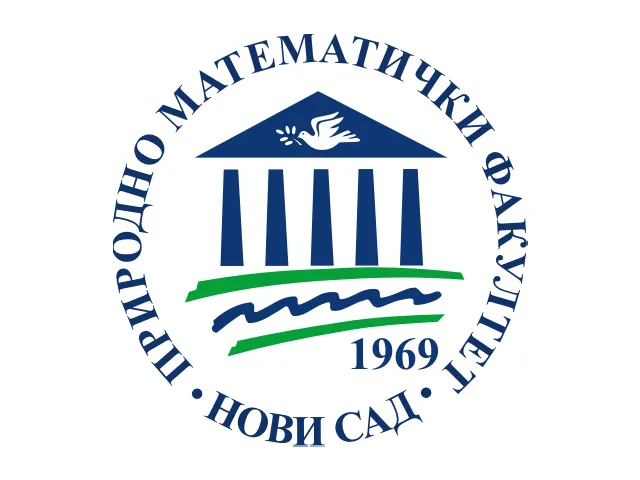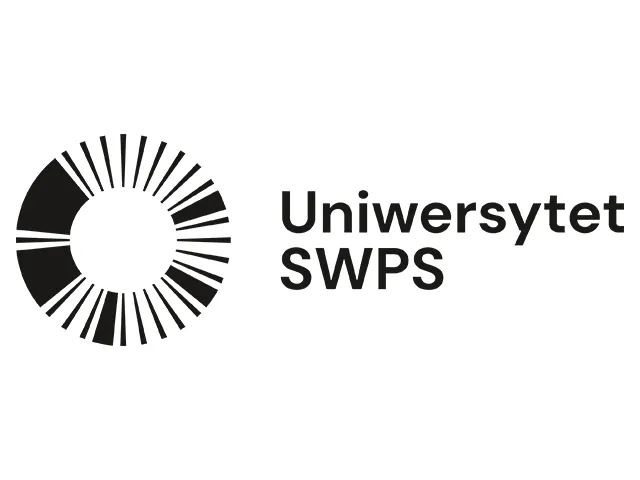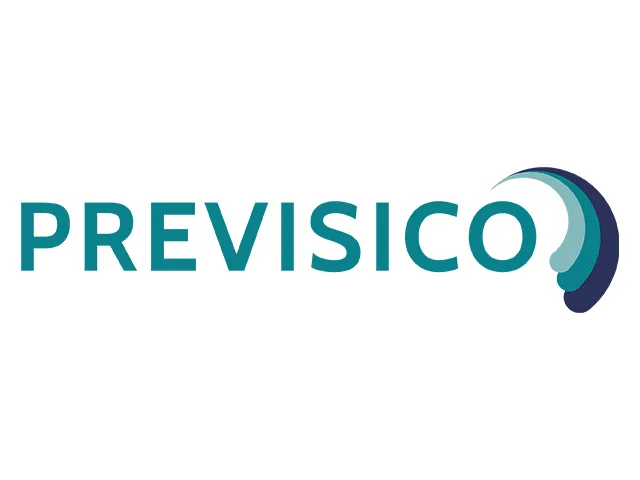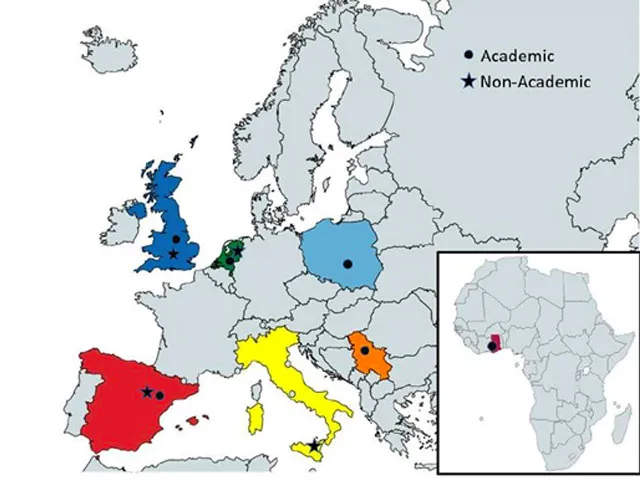
Engaging approaches and services for meaningful climate actions
News
ClearClimate is proud to present LULÚ
LULÚ, THE COMMUNICATION BARRIER BREAKER is an educational board game designed to promote awareness and understanding of accessibility in climate change communication. The game follows Lulú, a passionate climate activist, as she organizes inclusive and accessible...
GDA conference 2025 @ SWPS Warsaw
Date: September 8–9, 2025 Location: Warsaw Contact: gda@swps.edu.pl The Green Digital Accessibility (GDA) international conference is a leading international forum exploring the intersection of media accessibility and environmental...
Workshop 2 was a success!
On April 10, 2025, we hosted Workshop 2: Decision Support Systems that Integrate Climate Information, Risk Assessment, and Adaptation Planning (for Extreme Heat) — a hybrid event held at UNSPMF and online. The session began with an insightful keynote by...
About the Project
ClearClimate is aimed to create an International, Interdisciplinary, and Intersectoral (“3-i”) for creative scholars with strong theoretical and practical skills, needed to tackle the major challenges of the Climate Information Services (CIS) development.
The focus will be on developing staff and partner skills in the areas of user-centred design and behavioural science coupled with improved computational techniques which in turn will offer more appropriate and efficacious CIS solutions.
The researchers will upgrade their “soft skills” that will enable them to transfer effectively their knowledge to the productive world, thus fostering the European market to create innovation. These will result from a close partnership between the academy, providing the researchers with up-to-date training and knowledge on cutting-edge research on targeted multidisciplinary topics, and a group of industries, who will complete the competencies of the ERs and ESRs by exposing them to practical and real-life challenges in CIS development.


Title: Engaging approaches and services for meaningful climate actions
Acronym: ClearClimate
GA ID: 101131220
Start Date: 1 November 2023
End Date: 31 October 2027
Funded Under: Marie Skłodowska-Curie Actions (MSCA)
Coordinator: University of Novi Sad Faculty of Sciences (Serbia)
EU contribution: 1.209.800,00 EUR
The main domains of interest of the ClearClimate project lie in the interconnected areas of climate change and climate extremes, data visualization, decision sciences, communication, accessibility, eye tracking research methodology and visual attention models, and XAI, which are the most relevant disciplines for the development of the frameworks for effective CIS. Secondments, soft skills training, exploitation of scientific results, dissemination, and public engagement, play also a central role in this network since they are designed to promote the dissemination of excellent research and diffusion of innovation in Europe.
The creation of such an international, cross-sectoral, multidisciplinary, and life-long network of ERs and ESRs, trained across sectors in an innovative way, will direct Europe to strengthen its international R&I.
During my secondment at Wageningen University I developed a framework linking Climate Information Services (CIS) and agroecology, with Sicily as a case study. Collaborating in such a dynamic and interdisciplinary environment enriched my research, allowing me to establish a theoretical framework connecting CIS with regenerative farming practices. A valuable experience to promote climate adaptation and strengthen resilience in Mediterranean regions.

Valerio Margiotta
Starting my research journey in the Netherlands gave me a solid foundation in interdisciplinary approaches to climate services. Having the chance to return home and collaborate with researchers from my region was incredibly meaningful—both personally and professionally. My work focuses on bridging climate services and accessibility, bringing together two very different disciplines that can truly learn from each other. This connection opens new ways of thinking and reaching broader communities. It's been a rewarding path of mutual growth and shared learning.

Maria Del Pozo

Ginevra Passiglia
My secondment at Predictia Santander has been very helpful by allowing me to practically apply my theoretical knowledge of climatology and climate research. I have learned how to utilize different machine learning methods to predict climate scenarios, which has greatly enriched my toolset for handling climate data. I have gained invaluable experience while working with my colleagues at Predictia, experience which will be of great importance for kick-starting my early-stage research journey.















